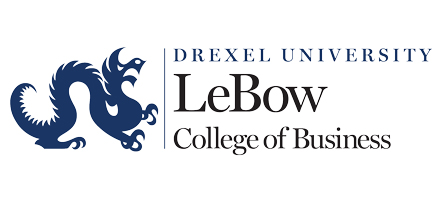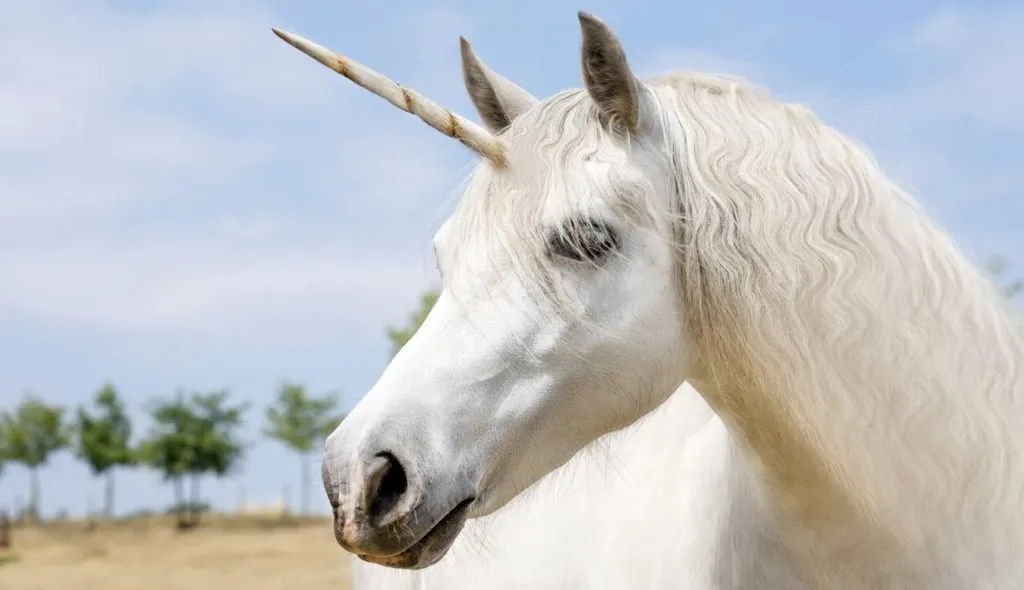
A Stanford GSB professor who specializes in unicorns and other startup data has announced new findings, including which university alumni produce the most billion-dollar
Which university boasts the most alumni who have founded “unicorns” — companies backed by venture capital that are valued at a billion dollars or more?
Earlier this month, Ilya Strebulaev, finance professor at Stanford Graduate School of Business and one-time Poets&Quants Professor of the Week, announced the latest batch of data from the school’s initiative that analyzes the venture capital and innovation ecosystem. The data show that his academic home, Stanford University in Palo Alto, California, leads all U.S. universities with nearly 300 alumni who have launched more than 200 unicorns — over 40 more billion-dollar companies than the next school on the list, Harvard.
And in a separate trove of data, Strebulaev announced the government, nonprofit, and military organizations that have been most likely to produce unicorn founders — a list surprisingly not topped by a U.S. agency.
1/3 OF ALL VC DEALS FEATURE FOUNDER & INVESTOR FROM THE SAME SCHOOL
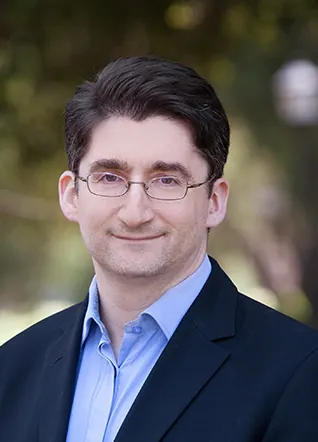
Ilya Strebulaev of Stanford GSB: Stanford has “’produced’ 285 unicorn founders among its alumni who have collectively founded 207 companies, highlighting the phenomenon of collaborative efforts among alumni”
Strebulaev, who has been at Stanford since 2004, founded the Venture Capital Initiative in 2015. The team of research assistants, Ph.D. students, project managers, lawyers, and others has compiled a database that includes every U.S. unicorn startup since 1995 — hundreds of companies across dozens of industries, all backed by VC and having had at least one private round of funding or funding at exit with the post-money valuation of $1 billion and above after January 1, 1997. With data and prominent examples, the professor regularly reports the VCI’s findings on his LinkedIn page.
In late 2021, Strebualev reported that the best age to become a unicorn founder was between 30-34 years; that unicorn founders don’t need an academic degree, but it helps to have one; and that 94.5% of the founders of VC-backed startups between 1991 and 2018 were male. Earlier this year, Strebulaev reported that data suggests an MBA is not a prerequisite to entrepreneurial success by showing that unicorns are more likely than not to have achieved their status without the help of a founder with an MBA — or who attended business school at all.
And in the VCI’s latest data report, Strebulaev wrote August 31 that the initiative found that 33% of all VC deals have a founder and an investor who studied in the same university. “Interestingly, there is a significant variation in the presence of shared alumni connections in VC deals, even among schools of similar prestige,” Strebulaev writes, noting that Note that the results are based on his research paper “Alumni Networks in Venture Capital Financing,” co-authored with Jon Garfinkel, Erik J. Mayer, and Emmanuel Yimfor. “For instance, while 45% of the deals involving investors from Harvard also involve at least one founder from Harvard, the figure drops to 20% for deals involving investors from MIT and founders from MIT.”
HARVARD & PENN COMBINE FOR 231 UNICORNS
Strebulaev announced VCI’s findings on schools in each U.S. state with the most unicorn-founding alumni August 25. Stanford, representing California, leads all universities with 207 companies founded by 285 alumni, “highlighting the phenomenon of collaborative efforts among alumni.” Stanford’s total “underscores the institution’s remarkable influence and contribution to the startup landscape,” Strebulaev writes.
Harvard University in Massachusetts, home of Harvard Business School, boasts 164 unicorns founded by former students, “further solidifying its reputation as a hub of entrepreneurial brilliance,” while the University of Pennsylvania in Pennsylvania, home to The Wharton School, took the third place with 67 unicorns. Penn’s success “exemplifies the university’s dedication to nurturing entrepreneurial talent,” Strebulaev writes.
Other schools with noteworthy unicorn totals:
- Yale University in Connecticut, home of the Yale School of Management, with 59 unicorns founded by its alumni;
- Cornell University in New York, home of the Johnson Graduate School of Management, with 58 unicorns;
- University of Michigan in Michigan, home of the Ross School of Business, with 41 unicorns;
- Princeton University in New Jersey with 38 unicorns; and
- University of Illinois Urbana-Champaign, home of the Gies College of Business, and the University of Illinois Chicago in Illinois, with 36 unicorns each.
“At the same time,” Strebulaev adds, “there is a large variation among states. Notably, there are four states — Idaho, Hawaii, South Dakota, and North Dakota — with at most one unicorn founded by alumni at each university. 10 states have no more than two unicorns emerge from their top universities. These are Alabama, Delaware, Mississippi, Arkansas, West Virginia, Nebraska, Maine, Nevada, Montana, and South Carolina. I hope that such variation across states leads to a discussion and exploration of the underlying factors.”
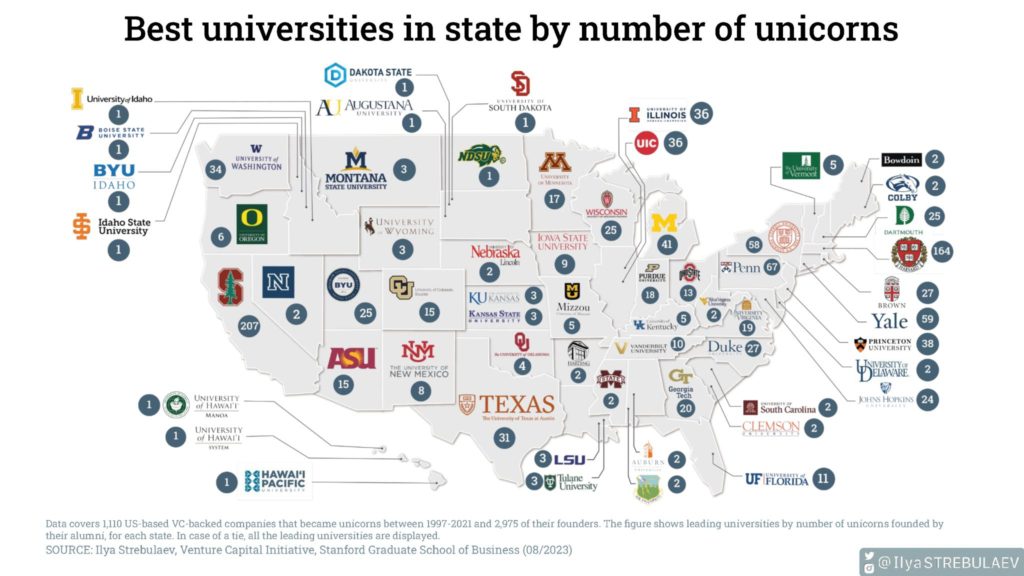
Source: Venture Capital Initiative
THE TOP ORG TO PRODUCE UNICORN FOUNDERS: THE IDF
In another newly released batch of data, Strebulaev announced August 29 the VCI’s findings on which government, nonprofit, and military organizations are more likely to have unicorn founders among their former employees. The No. 1 most likely agency: The Israel Defense Forces, founders from which are about 3 times more likely to found a unicorn — “by far the highest odds of all such organizations in our dataset,” he writes.
The VCI obtained the results by identifying “professional experience for 2,791 out of 2,975 founders of U.S.-based, VC-backed unicorns as well as for 2,220 out of 2,340 founders of randomly selected VC-backed startups,” Strebulaev writes. “Out of 2,791 unicorn founders, 47 (1.7%) had prior employment experience in IDF. Of the random sample founders, 12 (0.54%) out of 2,220 founders worked at IDF, resulting in a ratio of 3.1.” The analysis was conducted for 10 organizations that employed four or more unicorn founders and 10 or more unicorn and random sample founders combined.
Other organizations with a high likelihood of employing unicorn founders: Lawrence Livermore National Laboratory (2.1), United States Air Force (1.7), Howard Hughes Medical Institute (1.6), and NASA (1.2). Alternatively, organizations with lower odds of leading to unicorn creation include The White House (0.9), United States Department of Defense (0.8), the U.S. Army (0.6), The National Institutes of Health (0.3), and the U.S. Navy (0.3).
Strebulaev writes that the IDF, a non-U.S. organization, topping the list begs the question: Which other international organizations and companies also excel in producing unicorn founders? “I will be releasing the post on that soon,” he says.
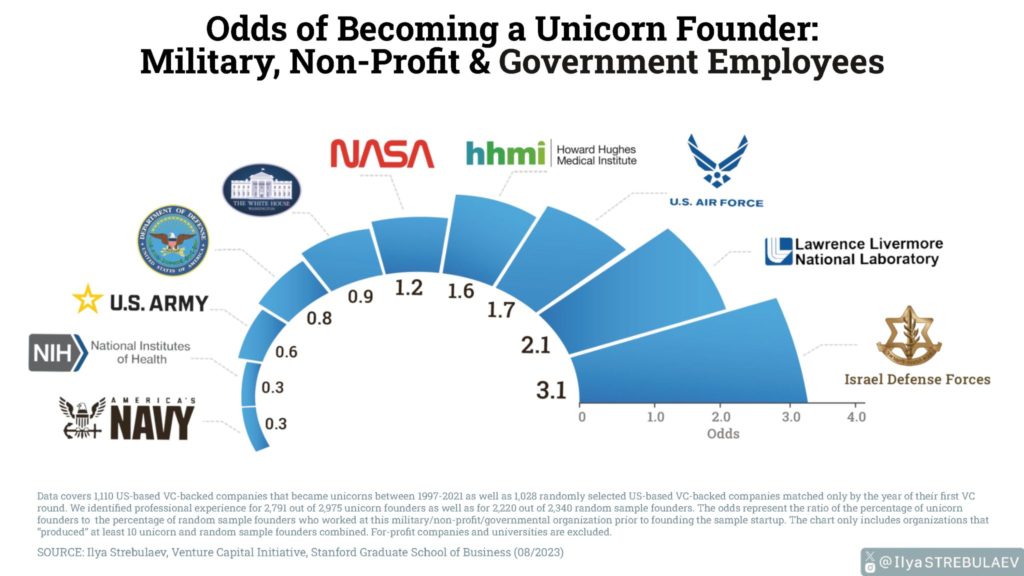
Source: Venture Capital Initiative
Follow Ilya Strebulaev on LinkedIn to get more news on unicorns.
DON’T MISS DO YOU NEED AN MBA TO FOUND A UNICORN? HISTORY SAYS … PROBABLY NOT and WHICH BUSINESS SCHOOLS HAVE PRODUCED THE MOST UNICORN FOUNDERS? THIS STANFORD PROF HAS CRUNCHED THE NUMBERS

